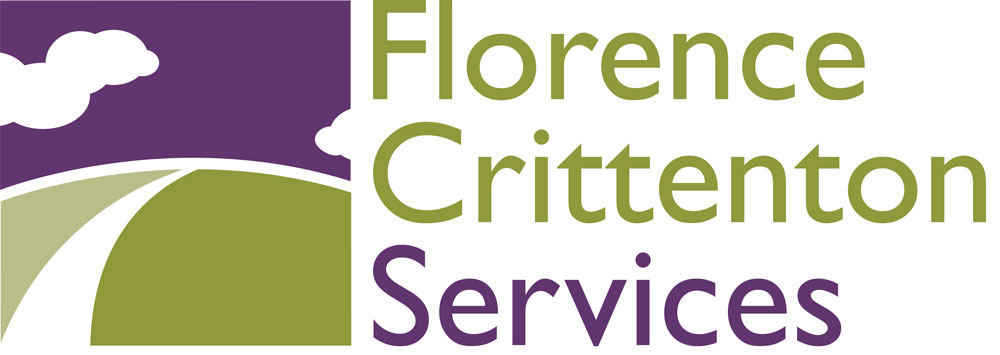Transformative Teaching
Transformative Teaching: Nurturing Emotional Intelligence with Conscious Discipline at FloCrit Written by Nikki Arvidson, Marketing & Communications Coordinator “Go to the corner and sit in time-out” has transformed into “Let’s go to a safe space together and have a…
- February 8, 2024 |
Transformative Teaching: Nurturing Emotional Intelligence with Conscious Discipline at FloCrit
Written by Nikki Arvidson, Marketing & Communications Coordinator
“Go to the corner and sit in time-out” has transformed into “Let’s go to a safe space together and have a conversation” with the evidence-based approach to childhood social-emotional learning in the classroom: Conscious Discipline.
Brooke Kimball, Parent Educator at Florence Crittenton Services, weighs in on how transformative Conscious Discipline can be both inside and outside of the classroom. According to Brooke, this practice takes the developing brain into account as it aims to produce “socially, emotionally well-rounded kids with an emphasis on conflict resolution and self-regulation.”
“Conscious Discipline leans into asking ‘How do we support these young minds that have these very big emotions when they don’t always have the words to state what their emotions are?’ Brooke explains, “Oftentimes we see little kids, like toddlers, being labeled as ‘bad’ or ‘behavioral’ and all of these really negative words for such little people. And it wasn’t that they were being bad, or they were being behavioral, they were lacking tools. And so Conscious Discipline is really just giving them the tools they need to advocate for themselves to feel empowered about their emotions.”
Within the Early Childhood Education Center (ECE) at Florence Crittenton Services, children aged 6 weeks to PreK engage in a transformative learning experience through Conscious Discipline. This approach empowers them to establish boundaries and articulate their emotions effectively. For children aged 18 months to 3 years, emotion dolls displaying various facial expressions become valuable tools in recognizing and expressing feelings. As children develop language skills, their teachers begin to help them verbalize how they’re feeling by asking them things like “You’re throwing toys and seem very angry right now, can you tell me what you’re feeling?” This progression creates a nurturing atmosphere that supports emotional development and effective communication.
Further, the dedicated teachers in the ECE are trained to respond to children rather than react, choosing to regulate their own emotions as the adult before processing the moment with the dysregulated child. “Kids aren’t innately malicious or vindictive or want to do ‘bad things.’” says Brooke, “It’s just that they’re processing things a lot differently than how you do, but because we’re adults, we can get really frustrated with that.”
Brooke emphasizes the significance of the Brain State model, indicating that “For a child to learn…they have to feel safe, and they have to feel loved.” In her parenting classroom at FloCrit, teen moms learn about how they can implement Conscious Discipline into their own parenting by bringing their child to a safe space. “Maybe they feel really safe in their bedroom,” says Brooke, “So they can say ‘Hey, we’re gonna go up to the bedroom, we’re gonna cuddle for a second or sing a song or maybe you just need a hug or a kiss and then we’re going to have a conversation.”
At Florence Crittenton Services, two generations are simultaneously educated, prepared, and empowered through impactful methods like Conscious Discipline. In Brooke’s words, “You’re educating children by helping them identify their emotions. You’re empowering them to have their voice and be able to set boundaries and express how they’re feeling… And you’re really preparing them for the rest of their life.” This comprehensive commitment ensures that both teen parents and their children are not only academically educated but also equipped for the challenges and successes that life may present.
To learn more about Conscious Discipline, visit www.consciousdiscipline.org and be sure to share your thoughts on this article in the comments below!


